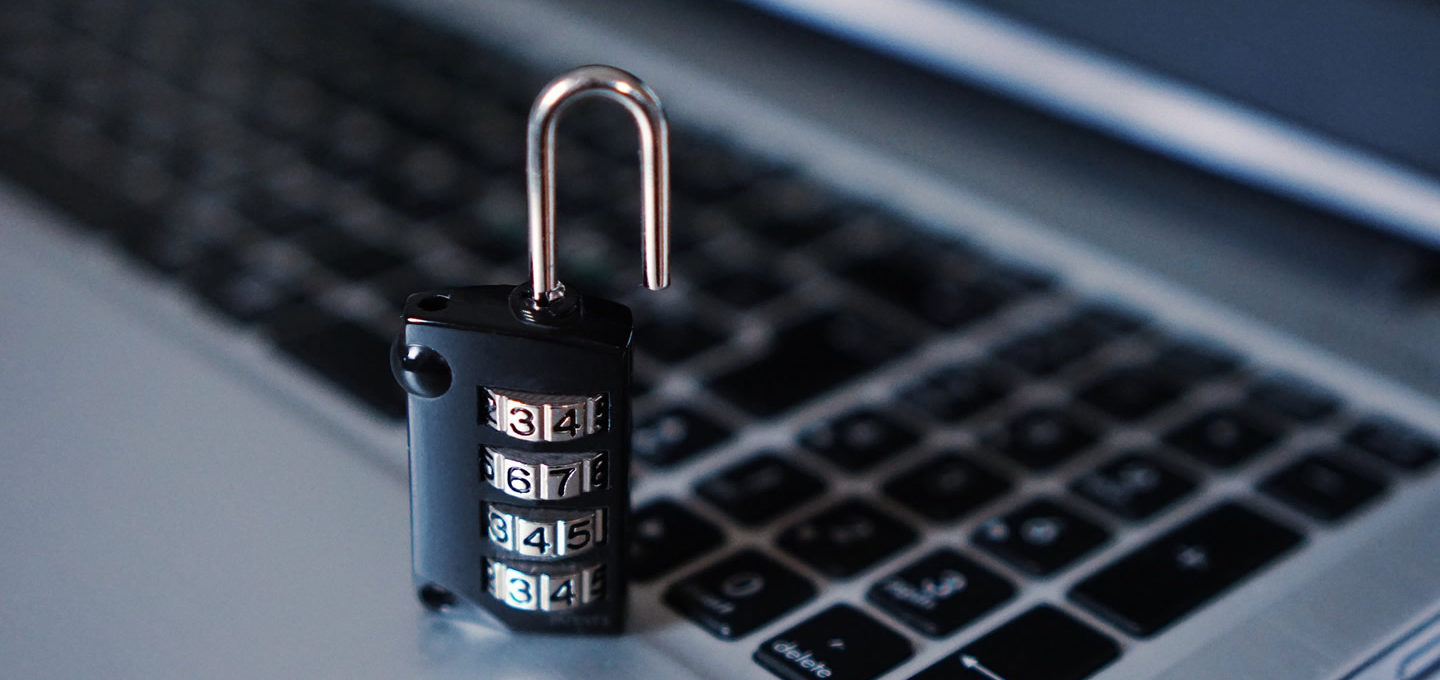In the twenty-first century, you would be hard-pressed to find a transaction that couldn’t be completed online. It’s just how things are now. It’s born mostly out of convenience; we can shop for things, sell things, do our banking, pay bills, and communicate with one another all on our smartphones.
And unfortunately, as with anything, where there is valuable information, there are people trying to steal it. These days, internet browsers, phones, and websites are more secure than ever before, but you can never rule out the potential for hackers.
Even sensitive data in hard-copy form can be stolen from homes or offices if it isn’t locked up and hidden.
What are some steps you can take to protect your personal data? Here are a few things.
Install a good home security system
Probably most homes in America have some information in them that their occupants wouldn’t want anyone to steal. Things like Social Security cards, bank statements, and utility bills can all be used for evil in the wrong hands.
To protect your physical data, there’s nothing better than selecting one of the better home security systems out there. Video cameras, motion detectors, lights, and alarms can go a long way to deterring and stopping trespassers from trying anything around your property. You’ll have peace of mind, too, and that doesn’t really have a price.
Step up your password game
We understand that remembering your passwords for every last one of your accounts is extremely difficult. And you may not feel like writing them all down, but it may actually be necessary if you want your personal data to be truly secure.
The reason is that, it’s true what they tell you: you really shouldn’t use the same password all over the place. It makes it easy for hackers. If they can figure one out, they can figure out all the others. All your passwords should be unique, and not just unique, but difficult to crack.
Don’t just go with your spouse’s name or your birthday. Play the letter and number game. Make your password basically an astronaut code, something no one could possibly guess in 1,000 years. And write it all down and hide them away.
Use two-factor authentication
A strong password is always a great idea, but you know how you can make yourself even safer? By using two-factor authentication.
This is yet another step you can take to prevent hackers from accessing any of your personal data. When you sign into a service with your username and password, the authentication will verify you are who you say you are in another way. It may text or email you a security code you have to input.
If you have a WordPress website, a plugin such as WordFence will ask you for a code, as well.
These are some great ideas for staying safer here. There are always other things you can do, though (try not to check over your finances or make purchases on a public wifi). Just be smart with how you use the internet, and you should be fine.

